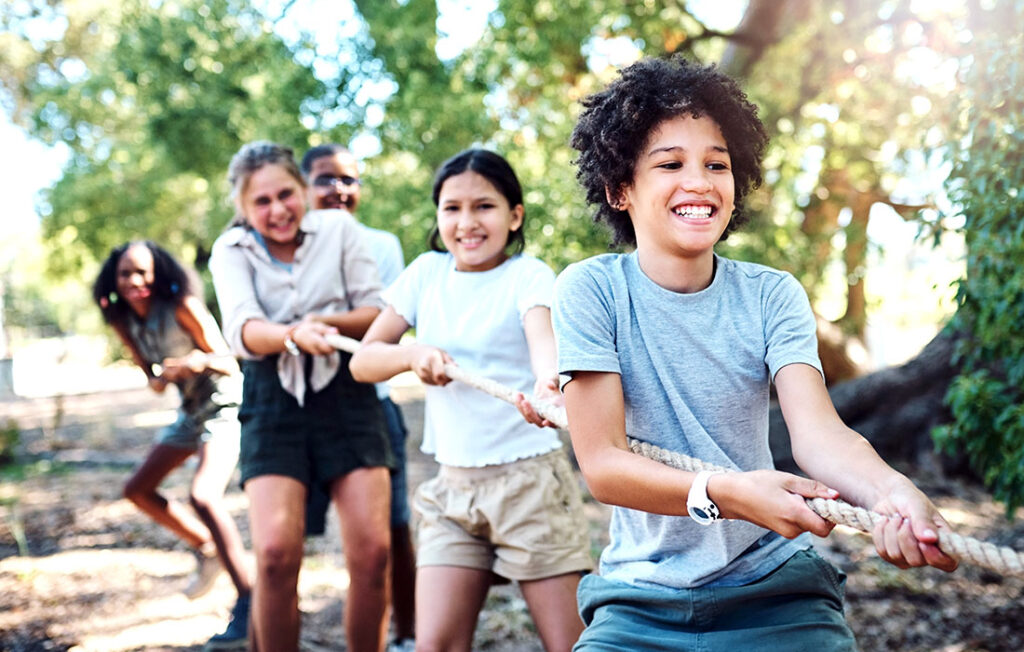U.S. Center for SafeSport Summer Safety Checklist

Eight Questions to Ask Before Your Child Starts a Summer Program
Whether your child is attending summer camp or a sports league, the answers to these questions can help you evaluate a program’s preparedness to prevent and respond to abuse and misconduct. Answers to these questions may be found in policies posted online or by contacting a program administrator.
- What are the criteria for volunteer and staff screening and background checks?
- How are program participants supervised during structured activities and free time?
- What kind of abuse prevention and response training do volunteers and staff undergo?
- Do you have policies that limit unsupervised one-on-one contact between adults and minors?
- What are the established processes for reporting and responding to abuse and misconduct?
- How do you communicate expectations about how program participants treat one another?
- What are the sleeping arrangements for program participants and overnight staff or volunteers, and how are they monitored? (For overnight programs)
- Is an adult emergency contact available 24/7? (For overnight programs)
In addition to the SafeSport Summer Safety Checklist, the Center offers numerous educational resources to prevent, recognize, and respond to abuse and misconduct in and around sport and other active settings.
The Center’s The Parent and Guardian’s Handbook for Safer Sport is designed for parents of athletes of all ages. This free resource explains the issues of misconduct in sport and helps parents ensure their children have a positive and safe sport experience.
Champion respect. End abuse. That’s our focus every day at SafeSport. Whether it’s sleepaway camp or a summer sports league, we want to arm parents and guardians with the right questions to help keep kids safe while they are having fun this summer.
Ju’Riese Colón
CEO, U.S. Center for SafeSport
It is important to have open and honest conversations with children about their bodily safety, and that starts with talking about setting boundaries for themselves and respecting others.’ We need to help kids understand that it is okay to say no when something makes them uncomfortable, even if it is to someone they admire and respect, and that no one should be asking them to keep secrets.
